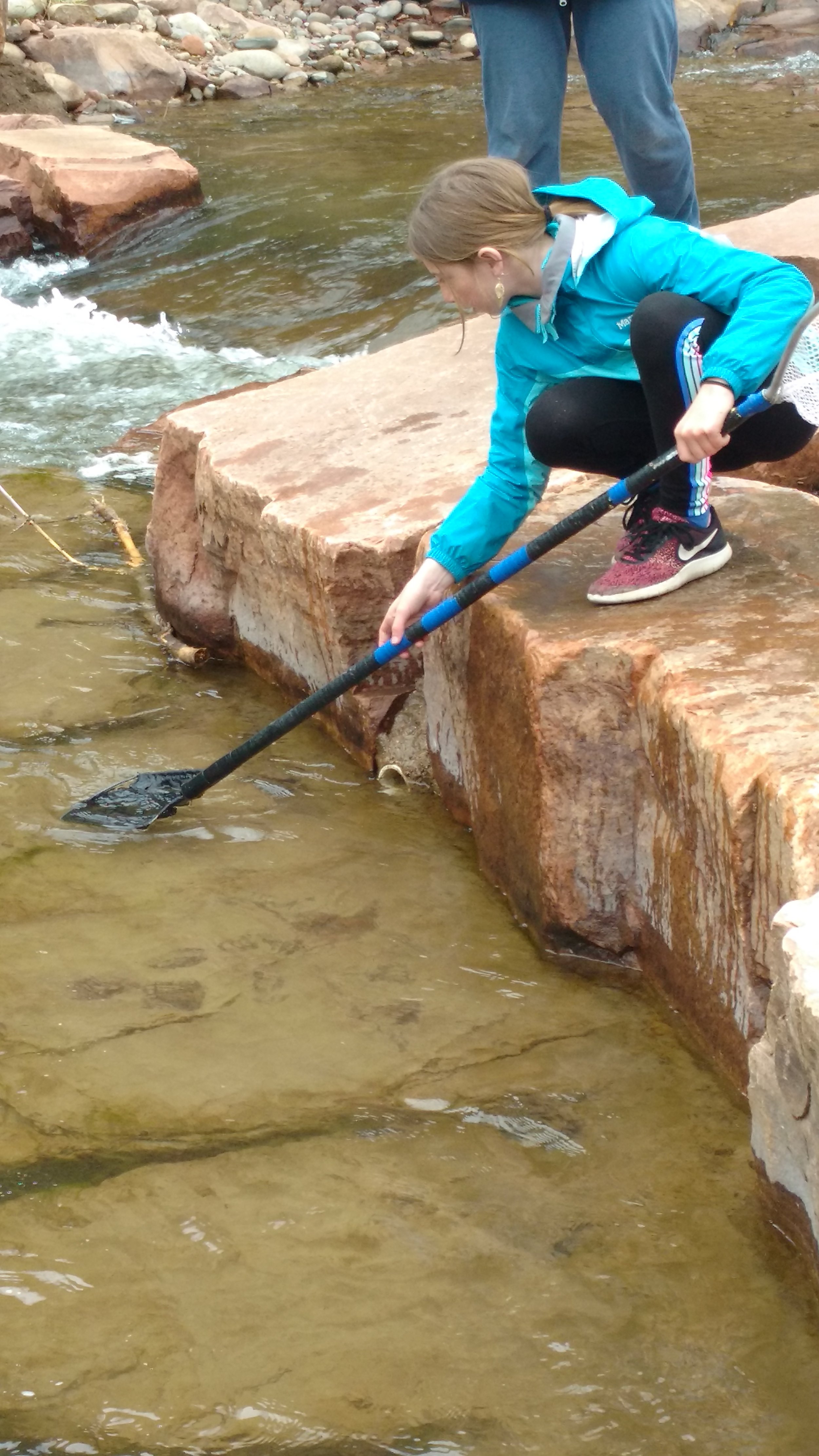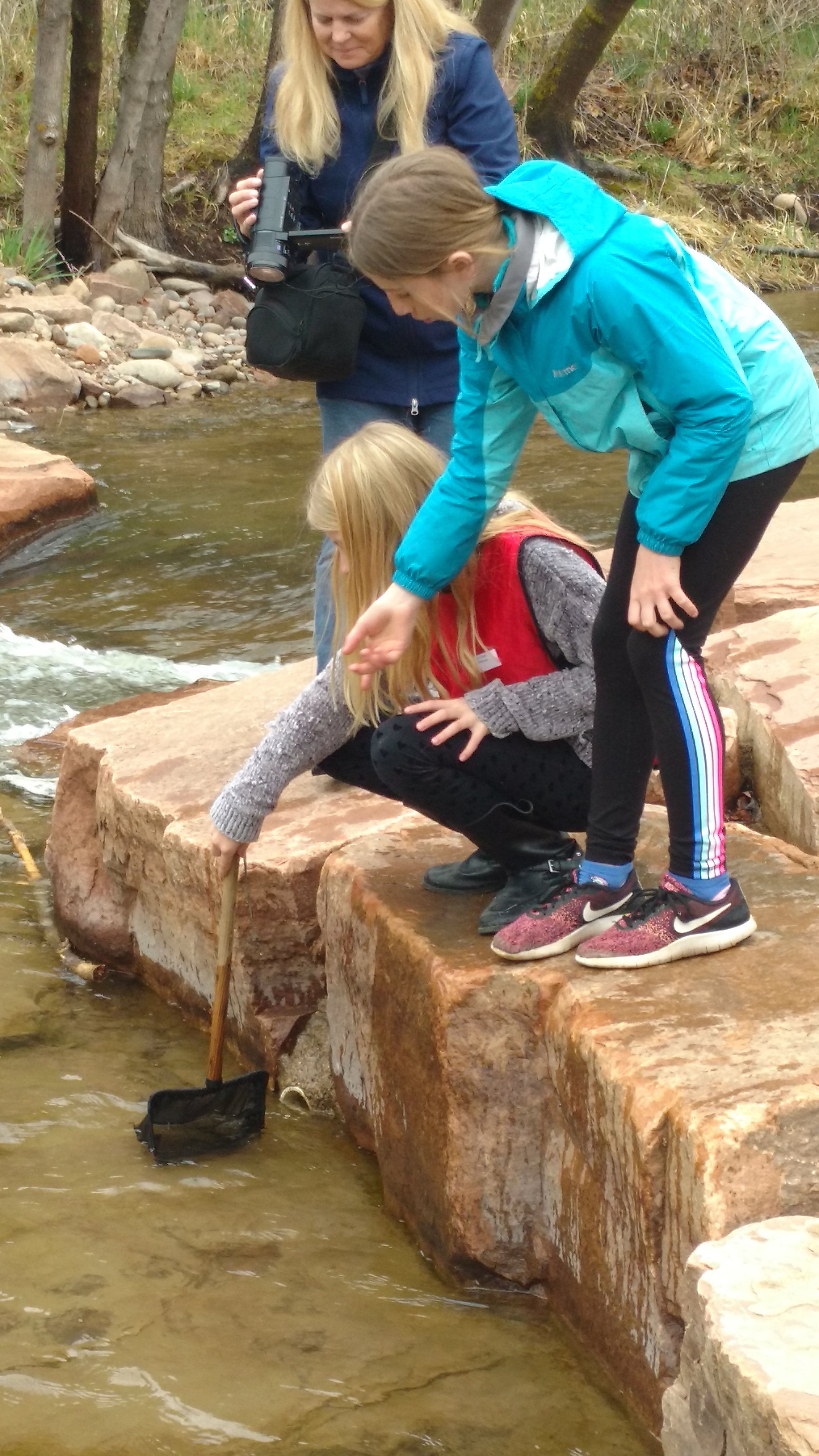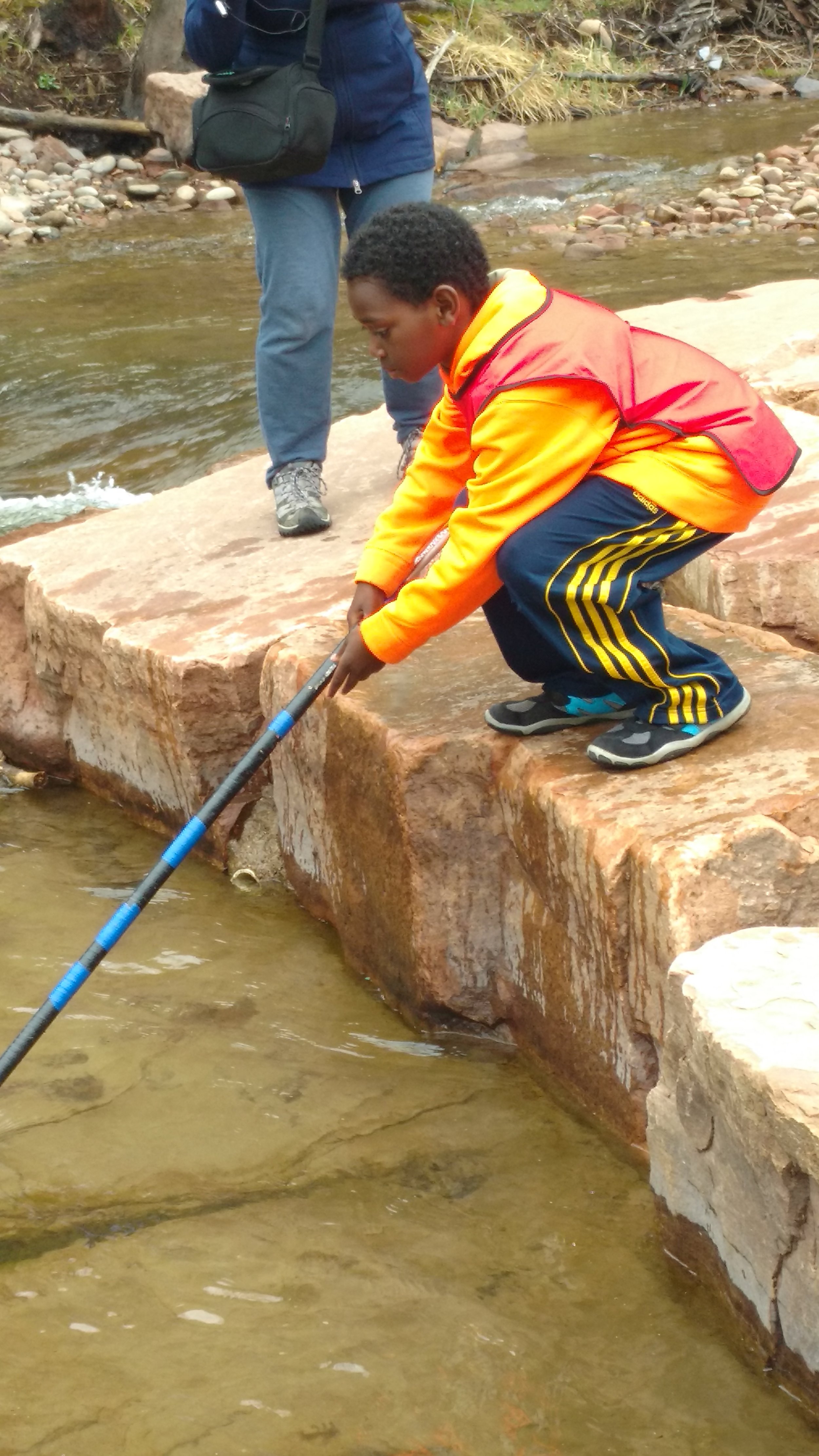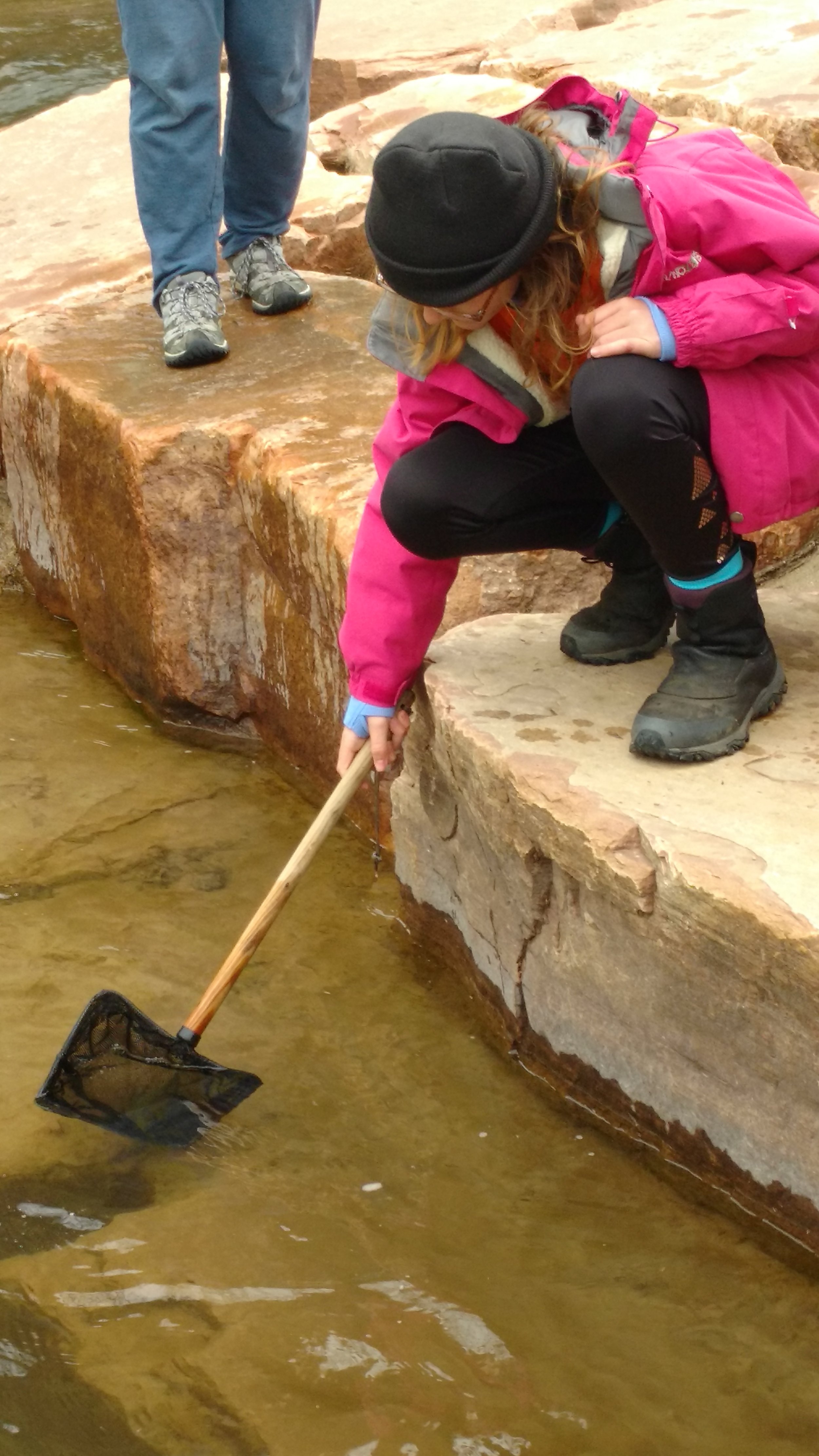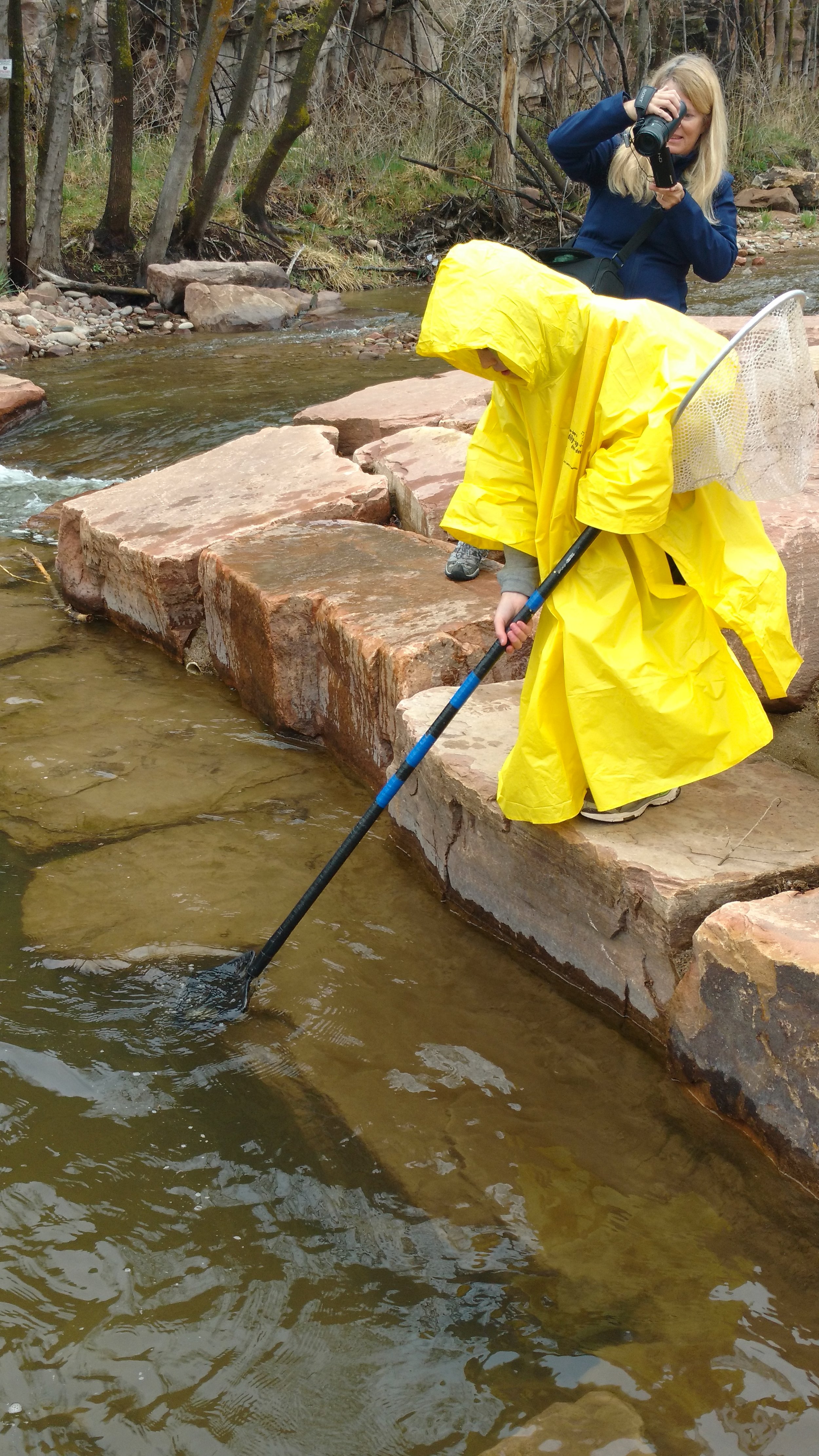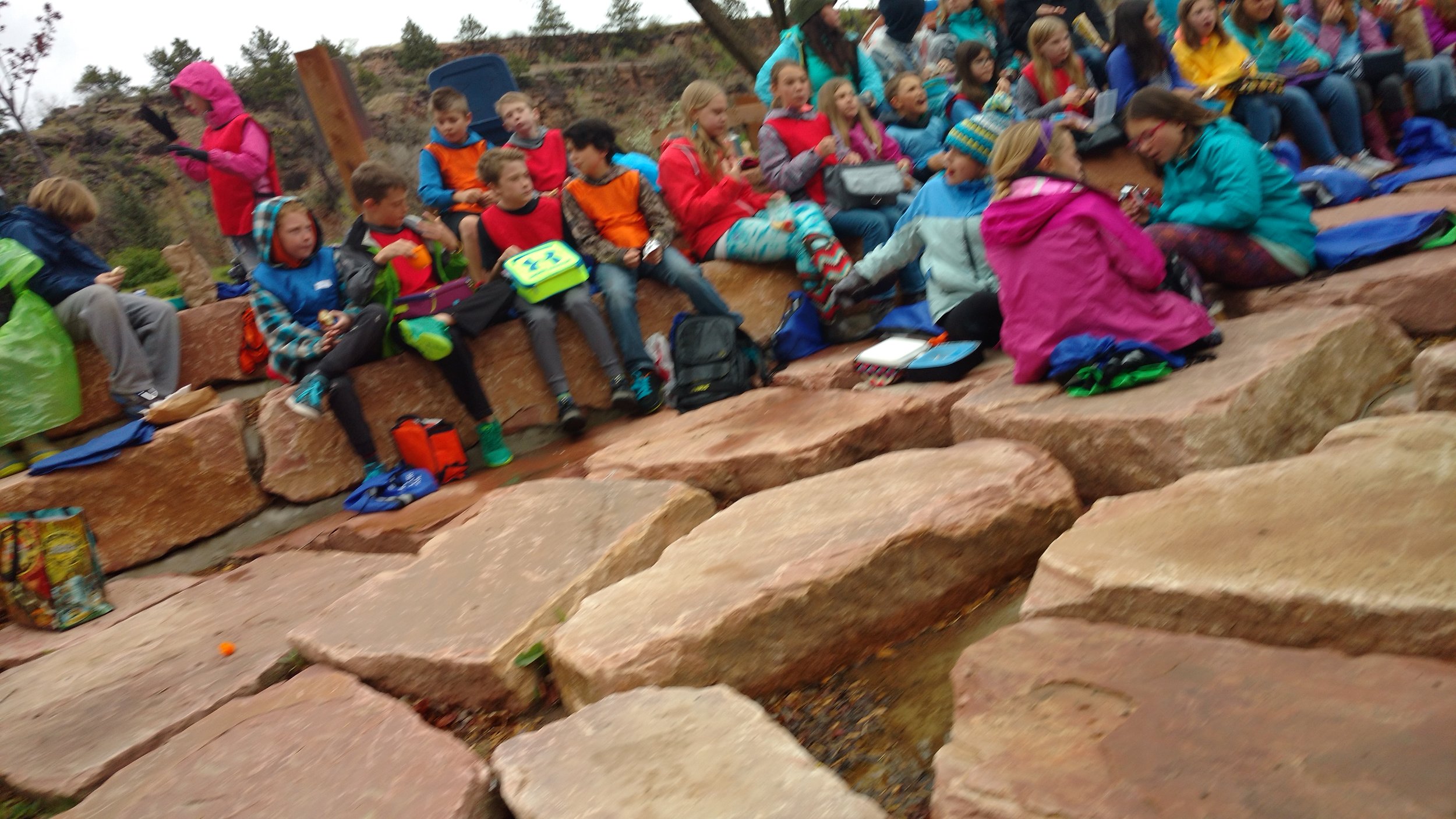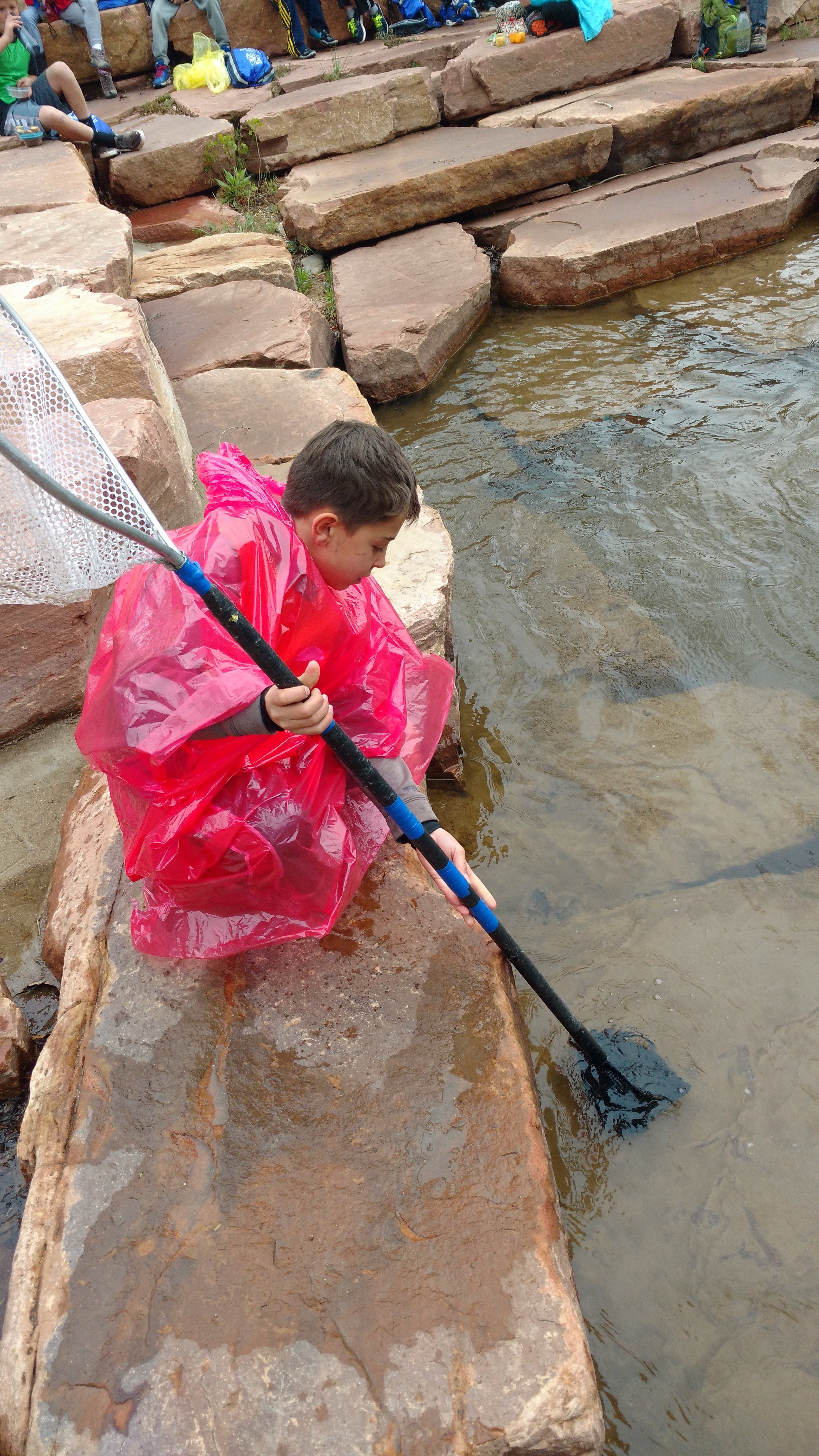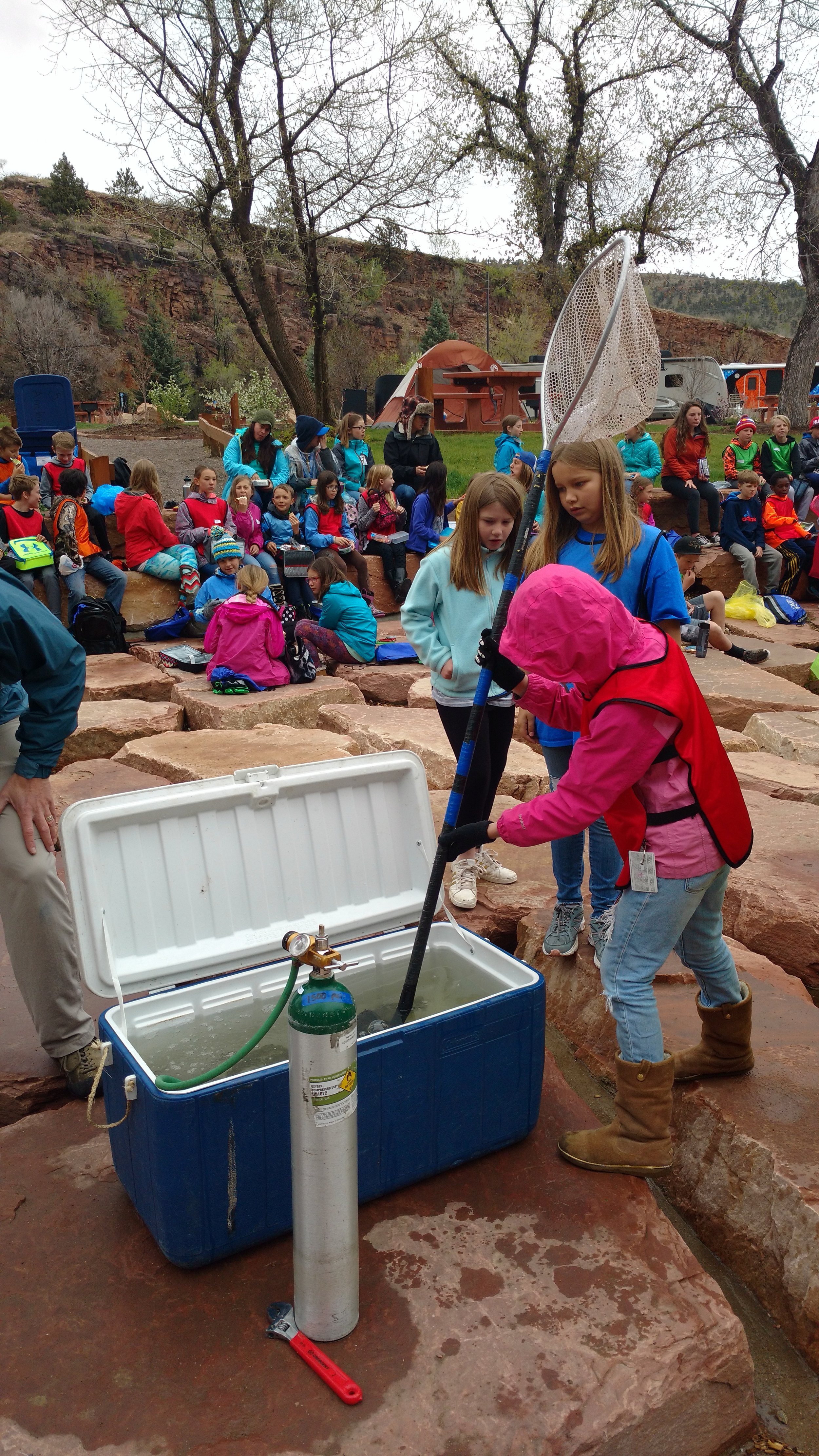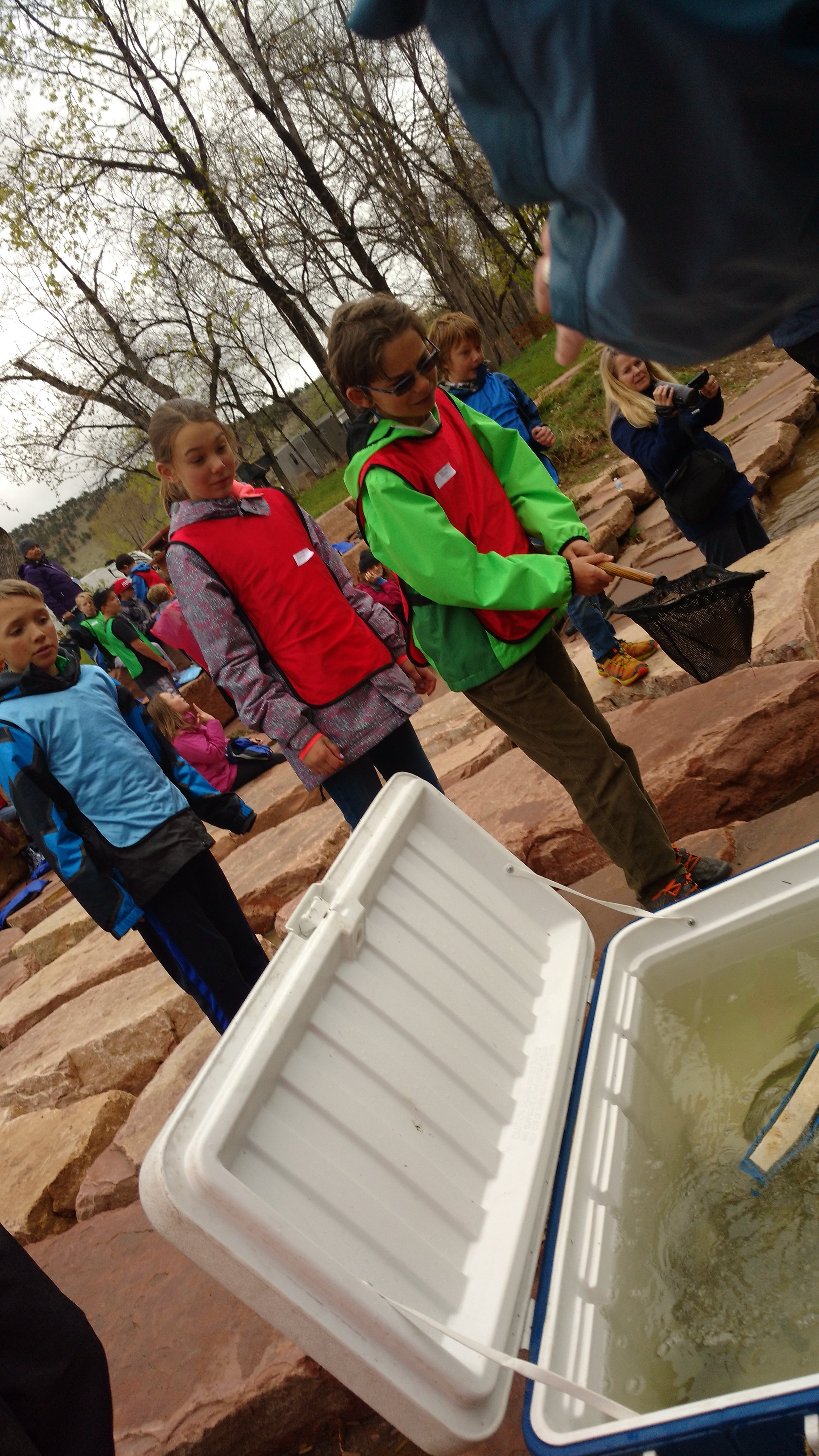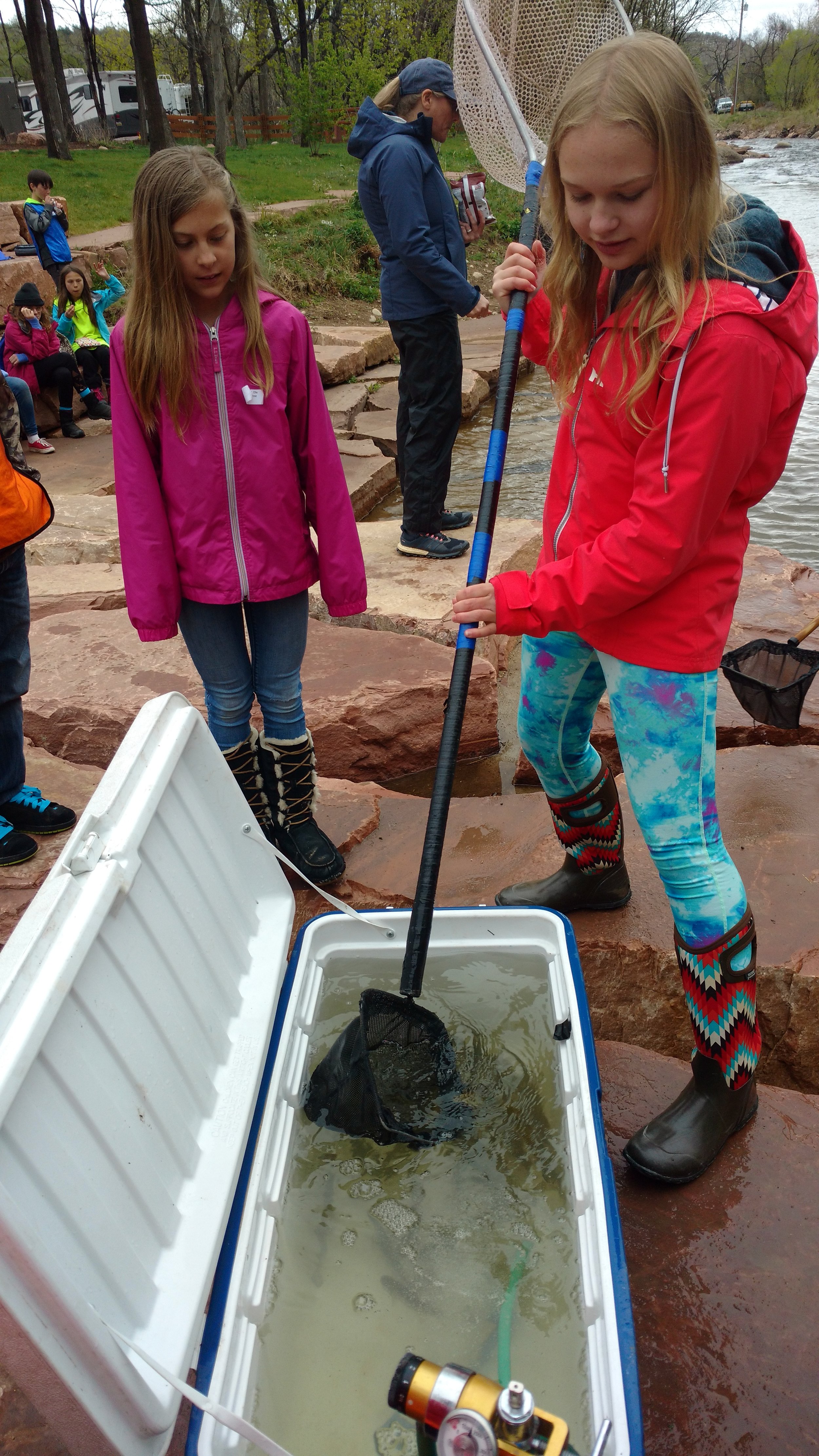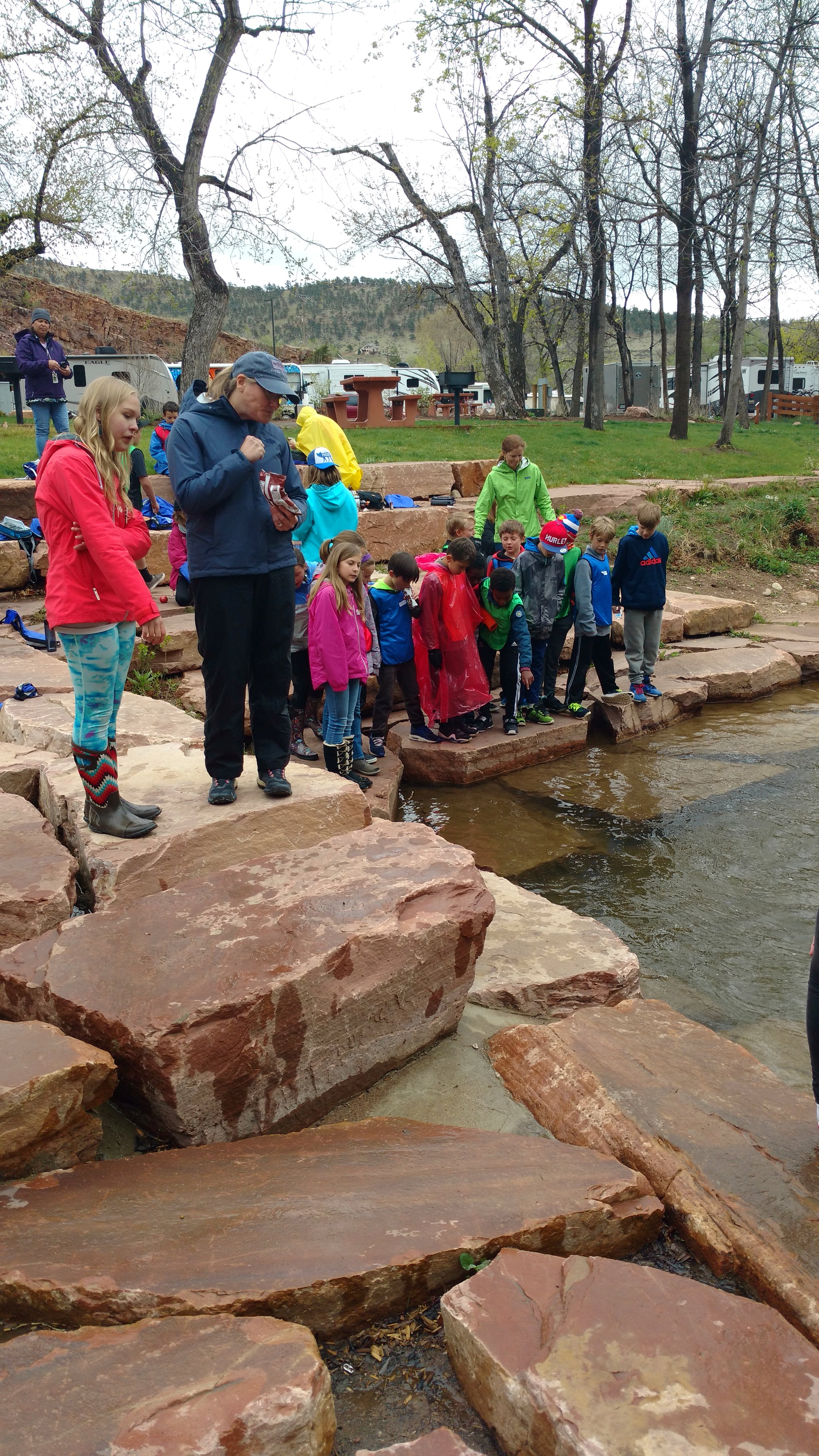Join Alpine Anglers Trout Unlimited Chapter as they head out to the Big Thompson for a day of fishing. Learn about the important work going on in the area in regards to habitat restoration to help with the reintroduction of native Greenback Cutthroat Trout. Check out the great video below and learn more about what the chapter is doing here.
ABOUT TROUT UNLIMITED
Trout Unlimited is a national organization with 300,000 members and supporters organized into over 400 chapters and councils nationwide. These dedicated grassroots volunteers are matched by a respected staff of organizers, lawyers, policy experts, and scientists, who work out of more than 45 offices across the country. Our mission is to conserve, protect, and restore North America's cold-water fisheries and their watersheds.
POSITION SUMMARY
Some of the best hunting and fishing in the West today is found on public land where intact habitat provides all the necessities for healthy populations of wild and native fish as well as trophy herds of elk, deer and other big-game animals. Trout Unlimited's Sportsmen's Conservation Project is looking for a field coordinator to work in Colorado.
We are seeking a staff member to design and implement campaigns that engage hunters and anglers in public land decision-making processes on high-quality fish and wildlife habitat. Denver location preferred, Colorado Front Range communities acceptable.
DUTIES AND RESPONSIBILITIES
- Grassroots organizing with local and state hunters/anglers, organizations, local businesses and community leaders.
- Working with local elected officials, legislative officials, and state and federal land management agencies.
- Leading a team-oriented, collaborative effort to maintain and protect the great fish and wildlife values in the area.
- Assist in fundraising.
- Non-supervisory position.
- Will be responsible for helping develop and implement campaigns within allocated budgets.
This is not an all-inclusive list of duties and responsibilities.
QUALIFICATIONS
- Bachelor Degree preferred, will consider experience in lieu of education.
- Knowledge of public land issues and agency planning processes a plus.
- Experience in developing and leading advocacy-oriented campaigns preferred.
- Excellent written and oral communication skills.
- Ability to work independently and be a self-starter.
- Positive attitude with energy and willingness to do what it takes to get the job done.
- Flexibility, adaptability.
- Proficient in Word, Excel, PowerPoint and Outlook.
- Very strong inter-personal skills.
- Avid angler/hunter a plus.
- Strong organizational and time management skills.
- Fundraising experience preferred.
HOW TO APPLY
Please send a letter of interest and resume to Katie Becker, kbecker@tu.org. No phone calls, please. Open until filled.
Please fill out this voluntary form and submit it as an attachment to this email address.
TU is an Equal Employment Opportunity & Affirmative Action Employer pursuant to Section 503 of the Rehabilitation Act & Vietnam Era Veterans Readjustment Assistant Act.
TU hires staff without regard to race, color, religion, national origin, age, gender, sexual orientation, marital status or disability.








